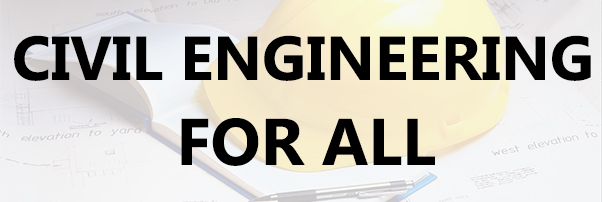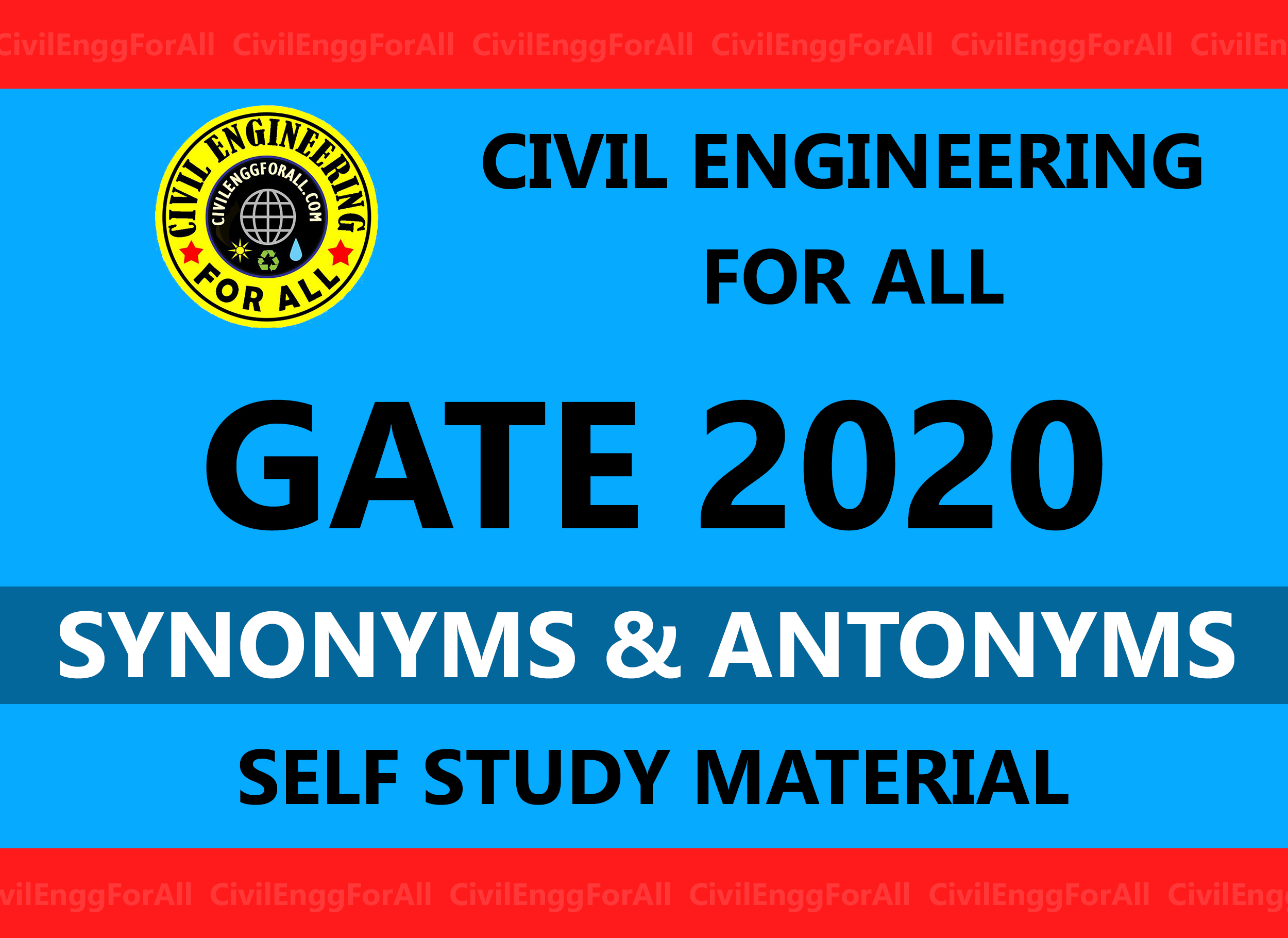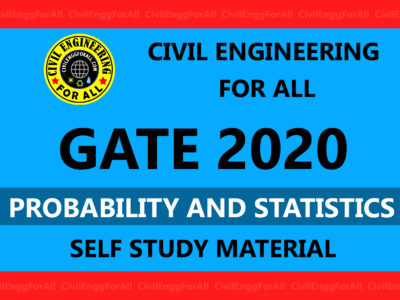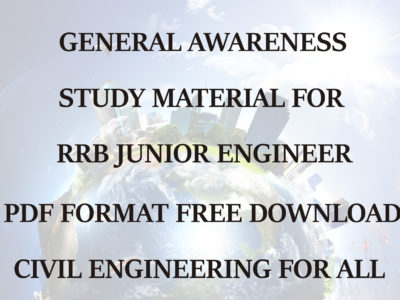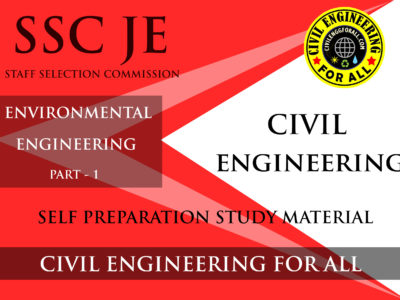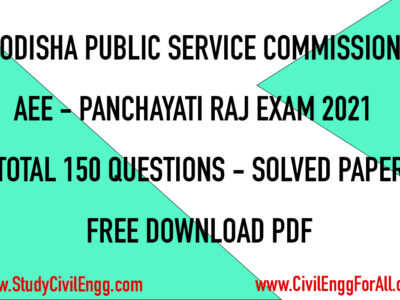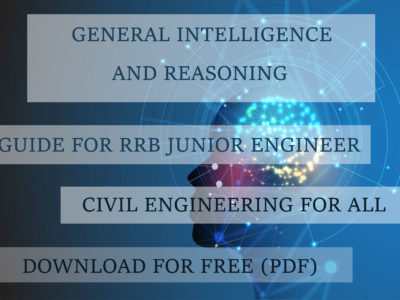
CONTENTS
- SYNONYMS
- SOME IMPORTANT WORDS WITH THEIR SYNONYMS
- ANTONYMS
- PLAN TO ANSWER ANTONYM QUESTIONS
- EXERCISES, MCQ QUESTIONS, ANSWERS AND EXPLANATIONS
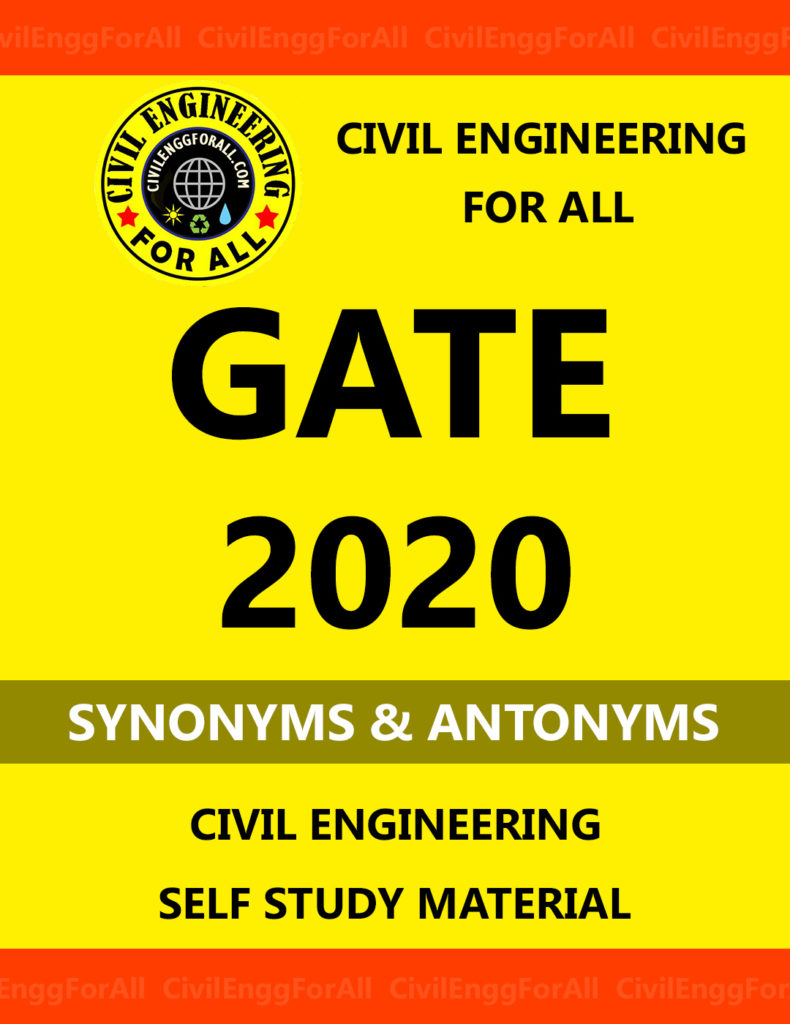
WHAT IS A SYNONYM?
A Synonym may be defined as a word that has the same meaning or the same general meaning as a particular word in the same Language or is in some applications a more or less satisfactory application of it. Thus, the synonym of a word can be an exact equivalent in meaning or should atleast convey its meaning in one way or the other or should show in what sense it can best be used.
SOME IMPORTANT WORDS WITH THEIR SYNONYMS
WORDS STARTING WITH A
- abandon: desert, for sake, jilt, leave, evacuate, quilt, vacate, abdicate, renounce.
- abduct: kidnap, run away with, seize, snatch.
- abet: aid, assist, back, condone, help, promote, sanction, support, sustain, uphold.
- abeyance: adjournment, deferral, discontinuation, inactivity, intermission, postponement, recess.
- abide: accept, bear, brook, endure, dwell, linger, live, lodge, reside, sojourn, persist.
- ability: adeptness, aptitude, capability, capacity, competence, dexterity, endowment, expertise.
- ablaze: afire, aflame, alight, blazing, burning, fiery, flaming, aglow, brilliant, flashing, gleaming, illuminated, radiant, sparkling.
- abstain: avoid, decline, deny, desist, renounce, refrain, withhold, forgo.
- abundance: affluence, ampleness, bounty, copiousness, exuberance, pro-fusion, fortune, wealth.
- abysmal: bottomless, boundless, complete, deep, extreme, incalculable, profound, vast.
- accede: accept, admit, agree, comply, concede, concur, consent, endorse, assume, attain.
- access: admission, admittance, approach, avenue, course, entering, outburst, paroxysm.
- acclaim: applaud, approve, celebrate, eulogize, exalt, hail, praise, salute, clapping.
- accompany: attend, chaperon, conduct, convoy, squire, usher, supplement.
- accord: agree, assent, concur, confirm, harmonize, bestow, concede, endow, render, vouchsafe.
- accuse: allege, blame, cite, denounce, impench, incriminate, indict, recriminate.
- accustom: acclimatize, acquaint, adapt, discipline, familiarize, habituate, inure.
- acquaint: advice, announce, apprise, disclose, enlighten, notify, reveal, tell. acrid: caustic, harsh, irritating, pungent, stinging, acrimonious, mordant, nasty, sarcastic, trenchant, vitriolic.
- acrimony: bitterness, harshness, churlishness, peevishness, rancour, spleen, tartness, virulence.
- adamant: determined, firm, immovable, inexorable, intransigent, obdurate, resolute, stubborn, unrelenting, flinty, steely, stony.
- adept: adroit, dexterous, masterful, proficient, versed, expert, genius.
- adequate: capable, commensurate, competent, requisite, tolerable, sufficient.
- adhere: cleave, cling, faster, obey, observe, respect. adieu: conge, goodbye, valediction.
- adjourne: defer, delay, discontinue, prorogue.
- admirable: commendable, excellent, exquisite, wonderful, worthy.
- admirer: bean, lover, wooer, devotee, enthusiast, votary.
- adrift: drifting, unanchored, aimless, amiss, astray.
- adroit: clever, cunning, deft, dexterous, ingeneous, nimble, proficient, quickwitted, able.
- audacious: courageous, daring, dauntless, intrepid, rash.
- austere: exacting, forbidding, grave, grim, harsh, rigorous, severe, solemn, sterr, stringent.
- averse: antipathetic, disinclined, hostile, inimical, loath, reluctant, unwilling.
- avid: ardent, eager, fanatical, ferrent, passionate, zealous, avaricious
WORDS STARTING WITH B
- baptism: immersion, purification, sprinkling, debut.
- bastion: citadel, defence, fortress, mainstay.
- blaspheme: abuse, anathematize, curse, desecrate, execrate, profane, revile, swear.
- breach: break, aperture, charm, cleft, fissure, infraction, infringement, estrangement.
- broaden: augment, develop, fatten, spread, stretch.
- brood: agonize, dwell, mope, ponder, repine, ruminate.
WORDS STARTING WITH C
- catastrophe: affliction, adversity, cataclysm, devastation, disaster, fiasco, culmination.
- chaos: anarchy, bedlam, confusion, disorganization, entropy, tumult, lawlessness,
- chastity: celibacy, continence, innocence, modesty, purity.
- clan: band, brotherhood, fraternity, gens.
- clinch: assure, conclude, confirm, determine, secure.
- colloquial: conversational, demotic, everyday, familiar, idiomatic, informal, vernacular.
- commotion: ado, agitation, bustle, disorder, disturbance, excitement.
- complicate: confuse, entangle, involve, muddle.
- contour: curve, figure, lines, profile, relief.
- conviction: assurance, certainty, confidence, ferrour.
- creditable: admirable, commendable, deserving, estimable, honourable, loudable.
- crest: apex, zenith, pinnacle, summit, ridge.
- culminate: climax, close, conclude, finish.
- cynical: sarcastic, scornful, sneering, distrustful.
ANTONYMS
The basic idea of an antonym question is to find an opposite for a word. Antonym items are first and foremost a test of vocabulary. If you have no idea of the meaning of the given word, there’s not much you can do. When you don’t know the meaning of an antonym, don’t waste a lot of time trying to figure it out. In other words, once you recognize that you are out of ammunition, just do a random guess, confirm it, and move on the next item. Each antonym starts with a capitalized word, which is followed by four words of phrases in lowercase letters. The task is to find the word or phrase that is most nearly opposite in meaning to the bold word.
Plan to Answer Antonym Questions
- Define the capitalized word.
- Think of a meaning that is opposite to this word.
- Read all the answer choices. Eliminate those that do not relate to the meaning you thought of. If only one choice remains, word it and go on.
- If more than one choice remains, go back and refine your thinking about the bold word.
- Pick the answer choice that is most nearly opposite to the bold word.
- Tedious (a) unlimited (b) confined (c) enthralling (d) appetizing
- The capitalized word means “ boring” or “tiresome”
- The opposite of “boring” would be something like exciting or interesting.
- Looking at all the answer choices, you can immediately eliminate (a), and (b) as having nothing to do with excitement. But that leaves (c) enthralling and (d) apprizing.
- Of the two remaining choices, enthralling, which means “captivating” or fascinating,” is more nearly opposite in meaning to tedious than appetizing, which means “savoury,” or “delicious”.
- Mark (c), enthralling, as the correct choice.
Note:
(i) Makes sure to read all the answers: To answer antonym questions you’ll sometimes have to distinguish fine shades of meaning. That’s why you have to consider very answer choice.
(ii) Verb or Noun? If the part of speech of the capitalized word is ambiguous, check the answer choices.
- Sometimes the test writer selects a word you are likely to be familiar with, but sets up the question to test a meaning you do not ordinarily associate with the word. Here is an example: e.g. precipitous (a) pleasantly sweet (b) overly ambitious (c) agreeably situated (d) gently sloping The best choice is (d). We most often use the word precipitous to mean rash or foot hardy, but its central meaning is related to precipice, a sharp drop-off.
- Eliminate non-answers The simple way to eliminate answer choices is to toss out any words that don’t have opposite meanings.
- Concentrate on answer choices Words can have different meanings based upon their part of speech. If you are uncertain about the part of speech of the bold word, just check the answer choices. If they’re all verbs, for example, so is the bold word.
- Play around with the part of speech of a word You can alter the part of speech of the bold word and answer choices in your own mind. Sometimes an antonym will use a word you know but as a part of speech that is unfamiliar to you. e.g. sublimity (a) erosion (b) baseness (c) conciseness (d) insistence The best choice is (b). You may know the word sublimity better as the adjective sublime, meaning “lofty, high, or noble”. So you may find it easier to think about the antonym by changing sublimity to the more familiar form sublime”. As you think about each answer choice, you would then change it in your mind to an adjective Baseness, therefore, would become base; and base is an opposite of sublime.
- Use word connotations to eliminate answer choices Even if you don’t know the exact meaning of a word, you may have a vague recollection of the context in which you first encountered it. So you may know whet her the word has positive overtones or negative ones. This recollection may be sufficient to get a correct answer.
SYNONYMS AND ANTONYMS GATE 2020 STUDY MATERIAL FREE DOWNLOAD PDF – CIVILENGGFORALL
DOWNLOAD LINK: CLICK HERE
PASSWORD: CivilEnggForAll
OTHER USEFUL BOOKS
- CIVIL ENGINEERING TEXTBOOKS WITH DOWNLOAD LINKS
- IES MASTER CIVIL ENGINEERING GATE STUDY MATERIALS PDF
- ACE ACADEMY CIVIL ENGINEERING GATE STUDY MATERIALS PDF
- RAJASTHAN STAFF SELECTION BOARD (RSSB) JUNIOR ENGINEER DIPLOMA CIVIL ENGINEERING EXAM 2022 – HINDI & ENGLISH MEDIUM SOLVED PAPER – FREE DOWNLOAD PDF (CivilEnggForAll.com)
- ISRO TECHNICAL ASSISTANT EXAM 2022 – CIVIL ENGINEERING – HINDI & ENGLISH MEDIUM – SOLVED PAPER – FREE DOWNLOAD PDF (CivilEnggForAll.com)
- MADHYA PRADESH PUBLIC SERVICE (MPPSC) COMMISSION – ASSISTANT ENGINEER EXAM – MPPSC AE 2021 CIVIL ENGINEERING – SOLVED PAPER WITH EXPLANATIONS – PDF FREE DOWNLOAD
- BIHAR PUBLIC SERVICE COMMISSION (BPSC) ASSISTANT ENGINEER EXAM – 2022 – CIVIL ENGINEERING – SOLVED PAPER – FREE DOWNLOAD PDF (CivilEnggForAll.com)
- ODISHA PUBLIC SERVICE COMMISSION – OPSC AEE PANCHAYATI RAJ EXAM 2021 – SOLVED PAPER WITH EXPLANATION – FREE DOWNLOAD PDF
